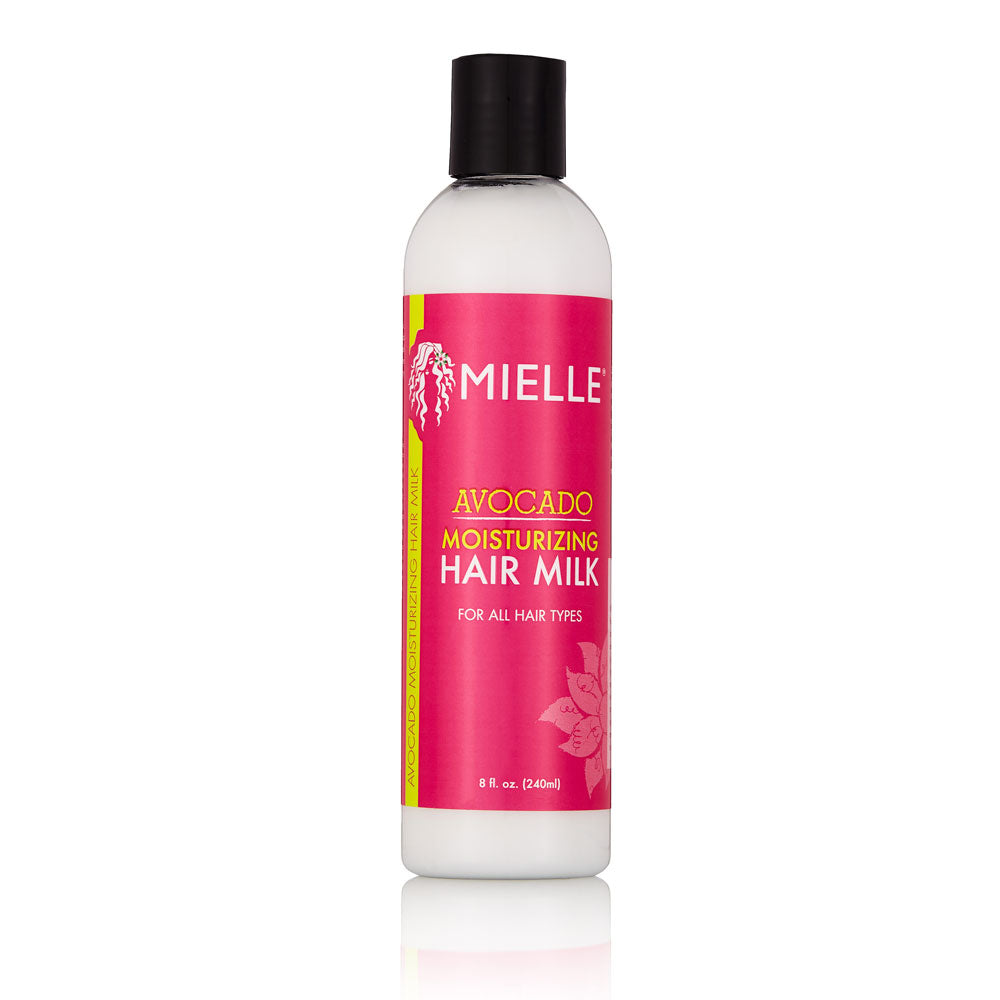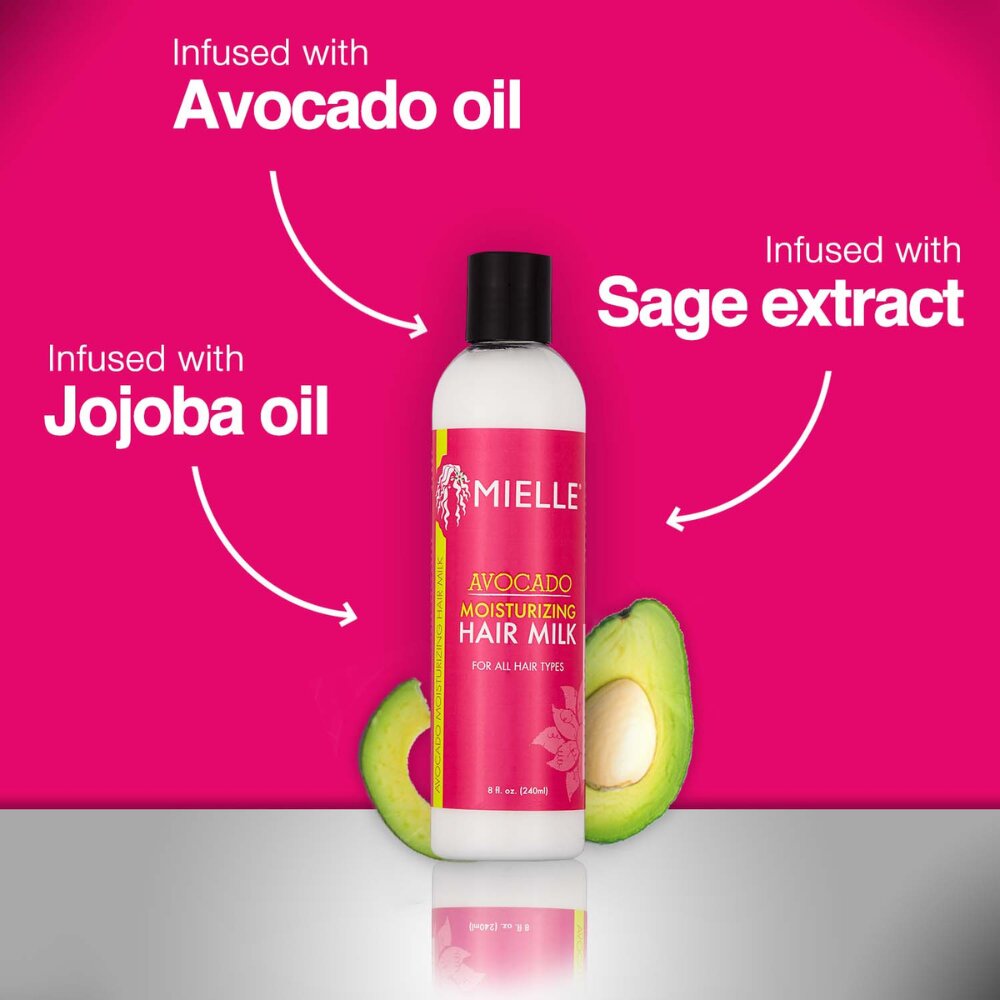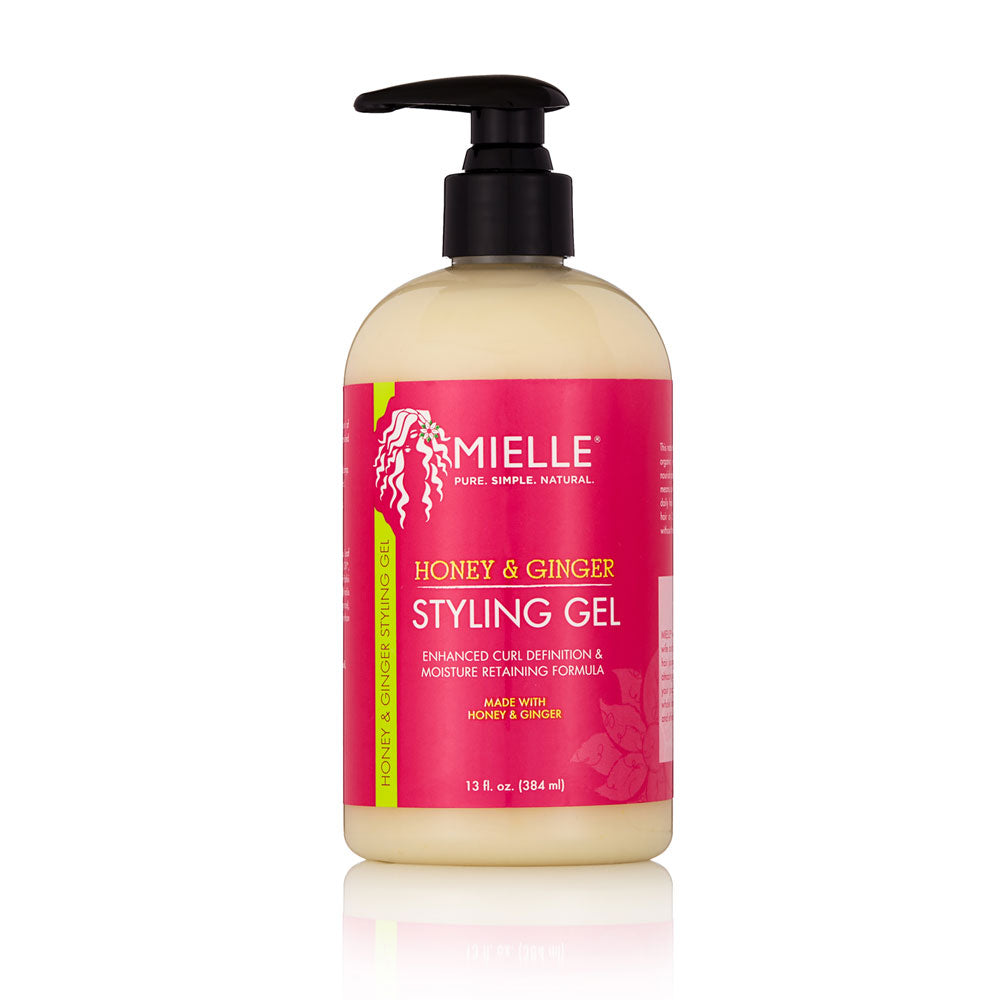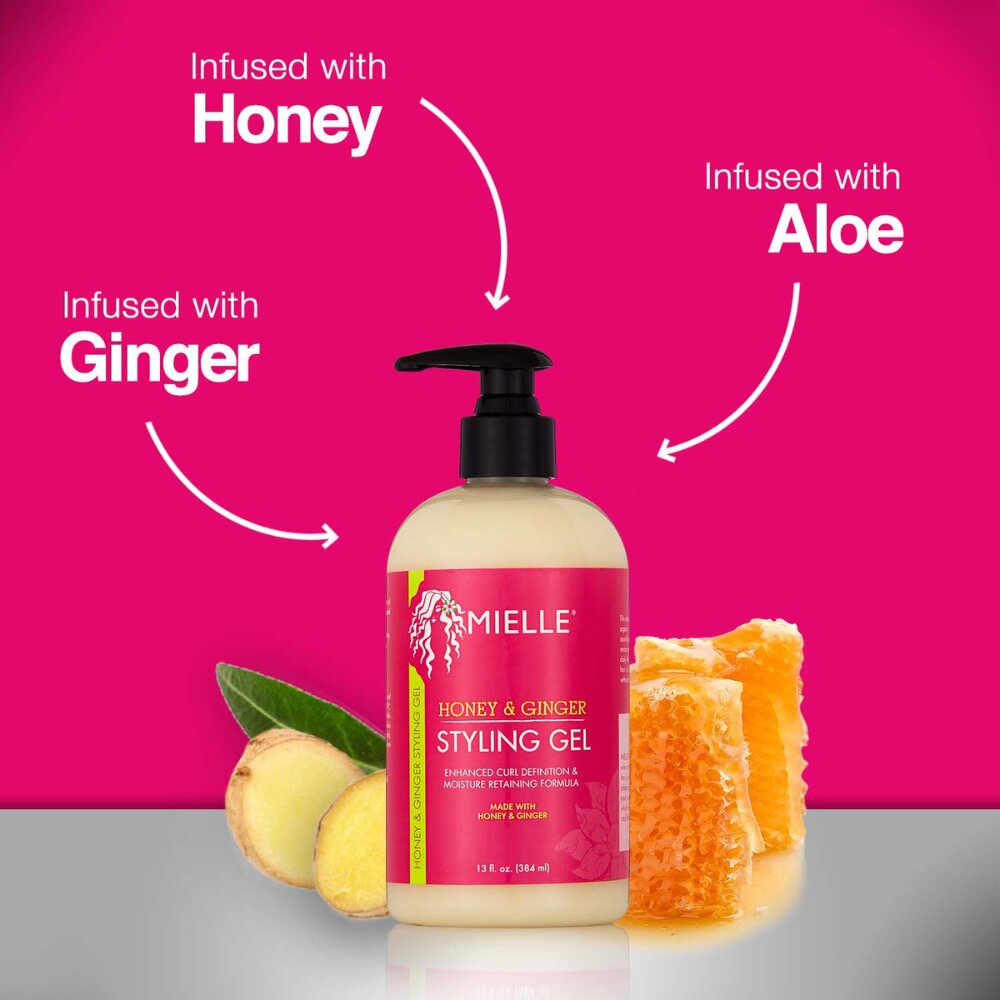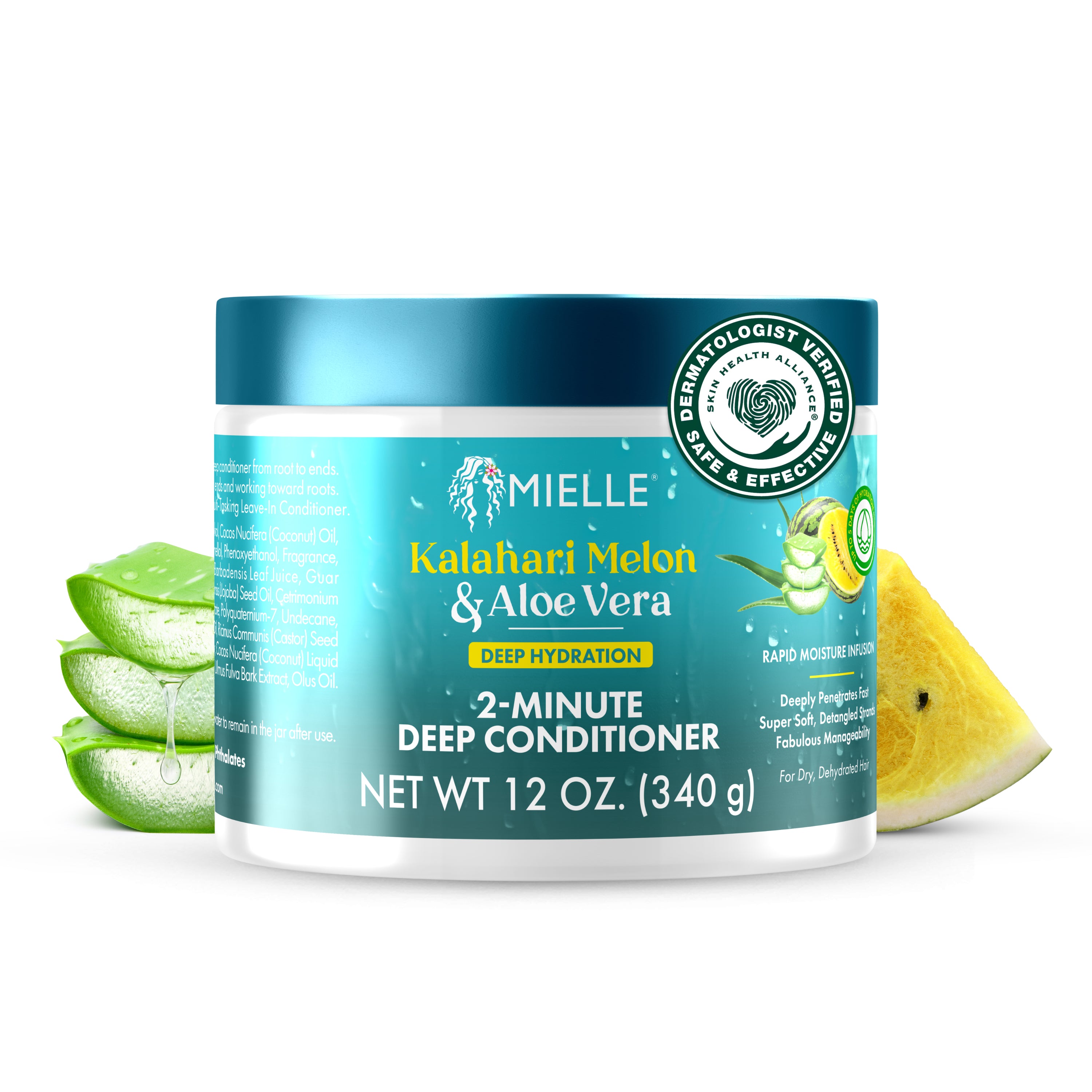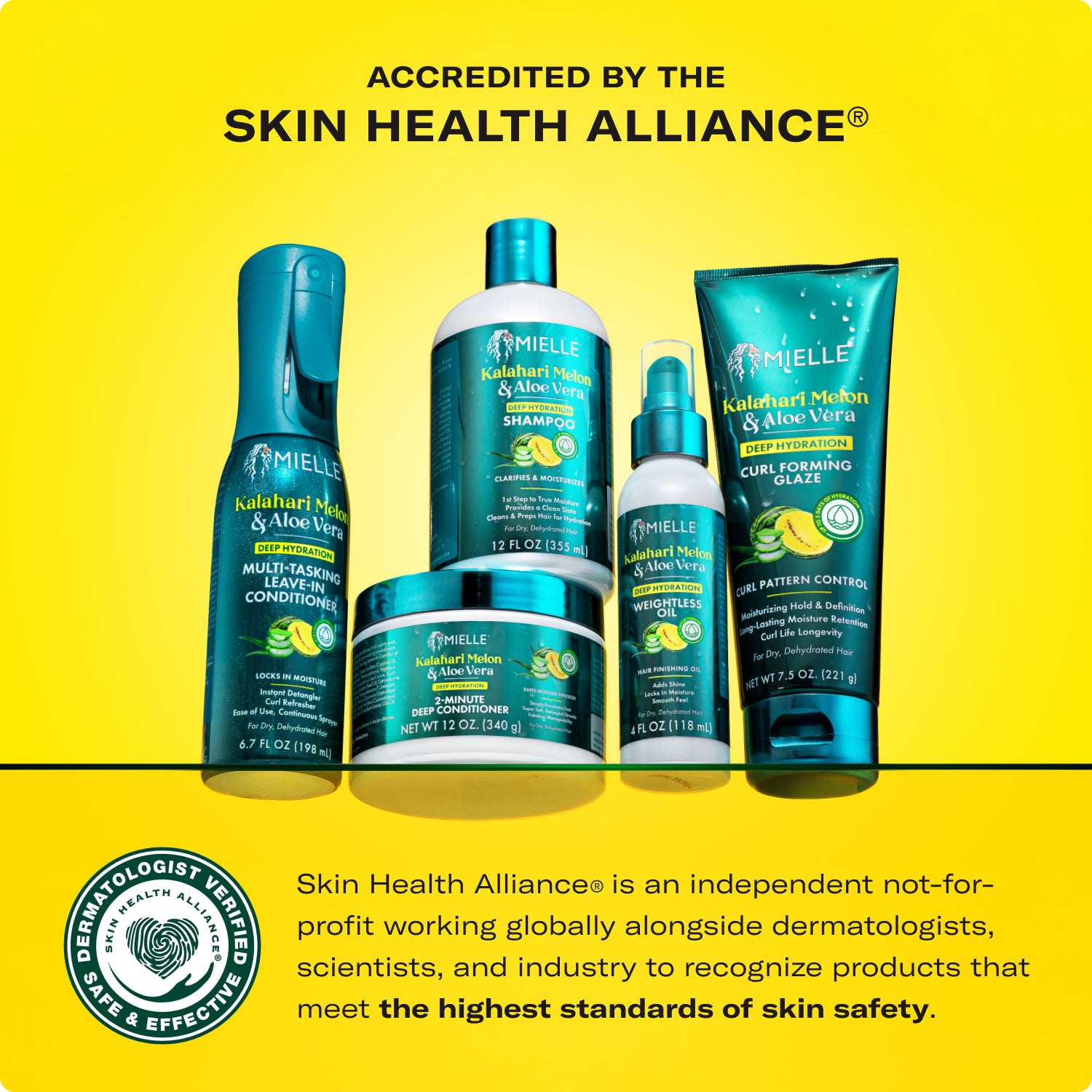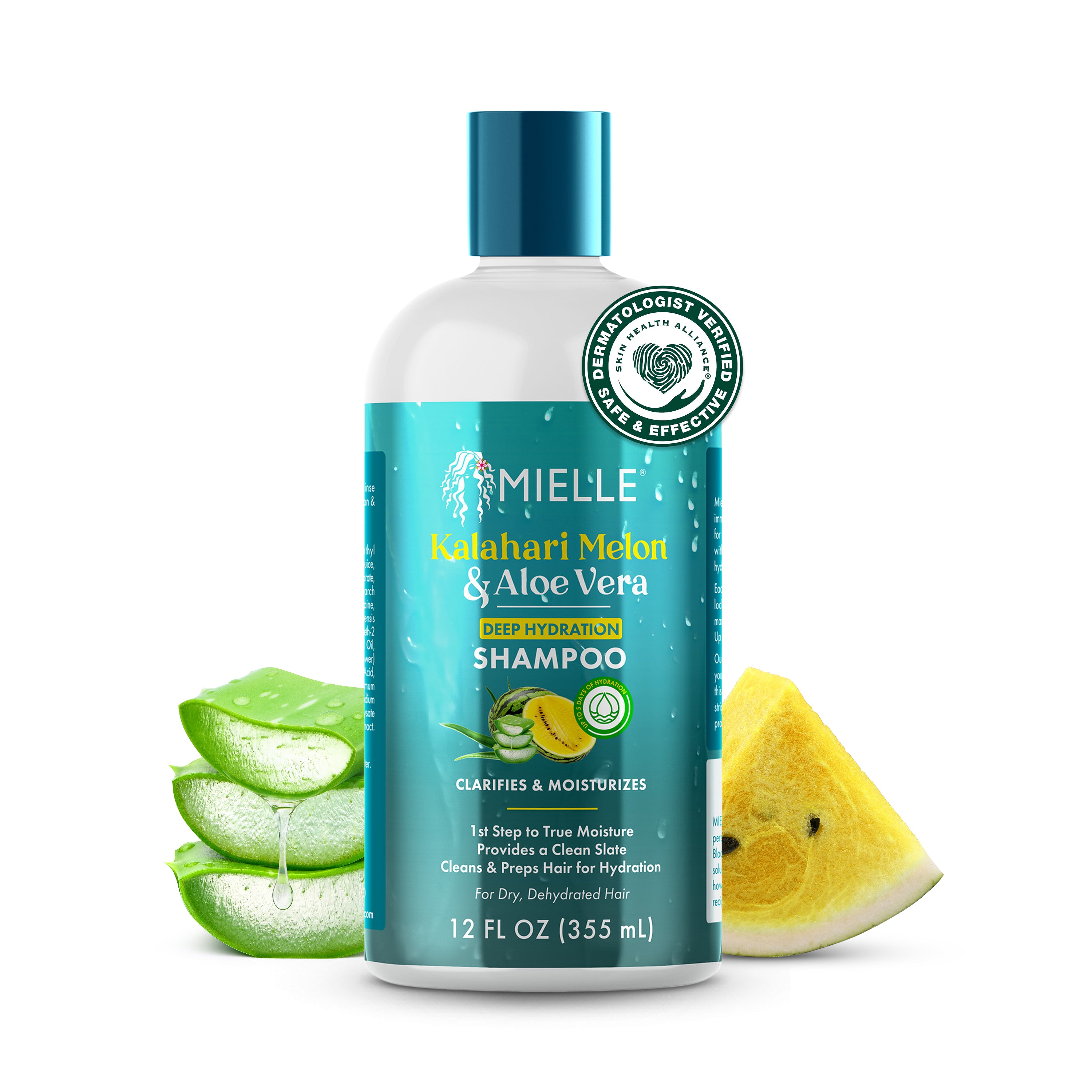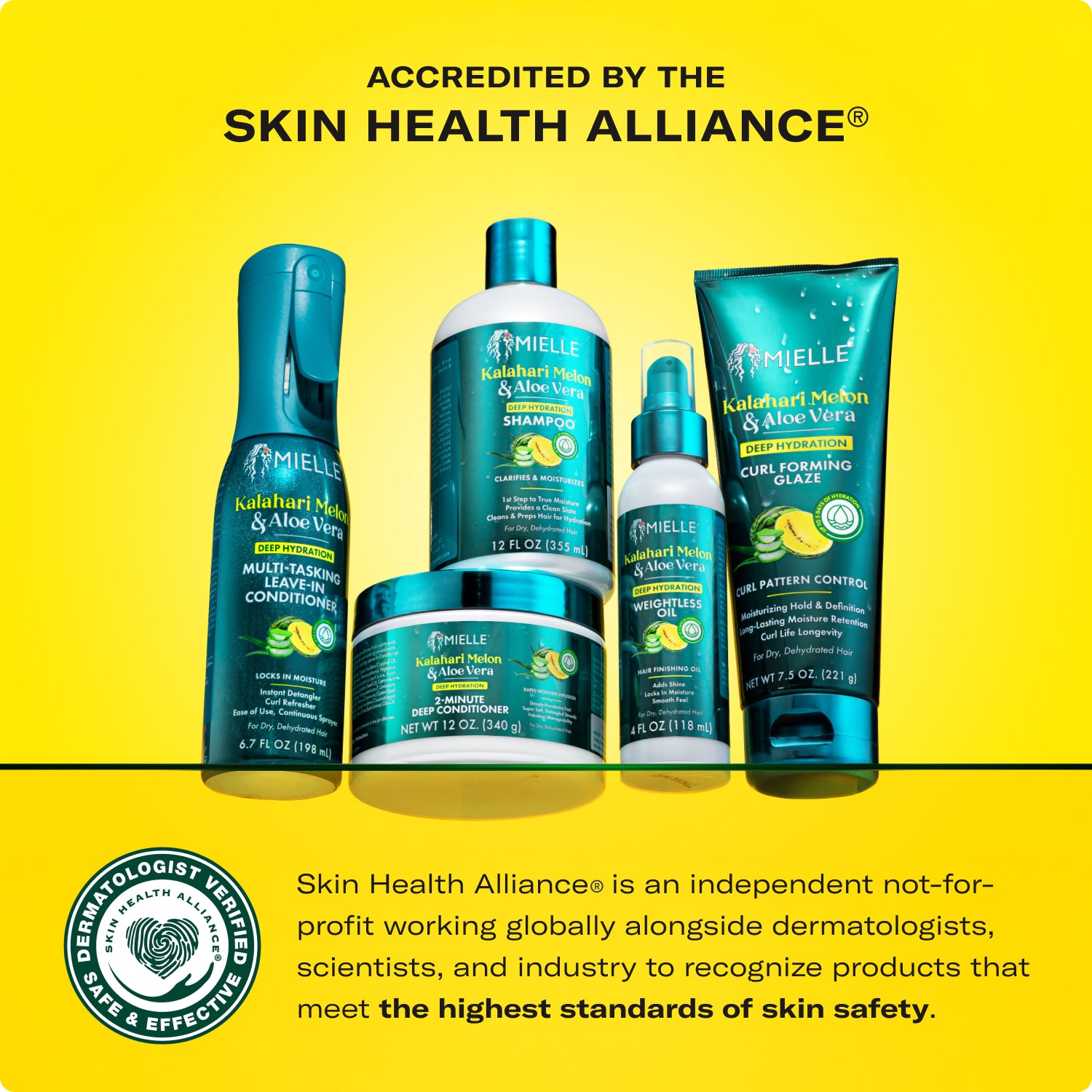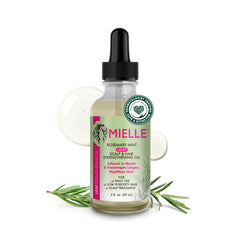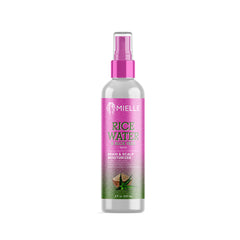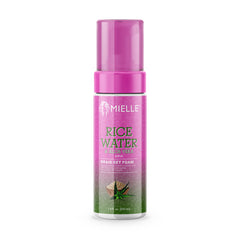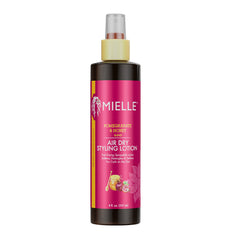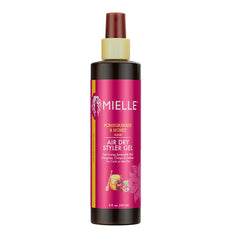By Toia Barry
If you're asking yourself, “what type of skin do I have,” you're not alone. Many people simply don’t know their skin type, while others are guessing incorrectly on the type they do have. It’s never too late to get your skincare routine on the right track. Understanding your skin type is an essential piece of the skincare puzzle. If you don’t know your skin type, it’s nearly impossible to determine how to get glowing skin and what products your skin needs to be healthy. All skin types can benefit from simple everyday cleansing and moisturizing; however, many different skin types will require specific needs. Although everyone’s skin is unique, there are five major skin types: dry, oily, normal, combination, and sensitive. Learn how to identify and treat your skin type with the right natural skin care products!
Dry
‘Dry’ is a skin type that produces less sebum or oil. Dry skin is generally flaky and can often feel itchy and tight. When your skin doesn’t produce enough oil, it cannot retain the moisture it needs to protect itself from damage. A lot of the time, dry skin is a result of environmental factors, like the weather and how much moisture is in the air. Our skin tends to be drier in the winter/colder temperatures. If you’re in an environment with higher temperatures, your skin can become dry due to low air humidity. Even prolonged exposure to hot water while taking a bath or shower can cause dry skin.
Those with an existing skin condition like psoriasis or eczema are prone to having dry skin. Due to any of these factors, your skin barrier may become compromised, allowing moisture to escape throughout the day. There are varying degrees of dry skin that aren’t always easily identified. Here are some signs and symptoms to help you figure out if you have a dry skin type:
- Looks or feels dehydrated
- Frequent itching
- Flaking or peeling of the skin
- Stinging or burning
Treating Dry Skin
If you believe you might fall under the dry skin type, here are some things you can try to help treat and soothe it:
Apply moisturizerWhen it comes to how to treat dry skin on the face, hydration is key. Your facial moisturizer should be applied within a minute after washing it. If you apply it immediately, the product will penetrate your skin barrier and retain moisture better. The type of facial moisturizer you use is also essential––stay away from products containing fragrances or alcohol, as they can irritate the skin. A heavier, oil-based product is going to be your best bet at tackling dry or dehydrated skin. We recommend our Pomegranate & Honey Illuminating Face Lotion. This skincare product was created to provide hydration, prevent skin damage, and give you a radiant look.
Switch up your Shower Routine
Your shower or bath routine might be a reason why you have dry skin or why it keeps worsening. Humidity drops in high temperatures, so limit the amount of time in the shower or bath to avoid drying your skin out. Use warm water instead of hot water as not to remove the natural oils your skin produces.
Try a Humidifier
Since low humidity can cause or worsen dry skin, try using a humidifier. Adding moisture in the air with a humidifier could be just the thing you need to prevent dry skin.
Oily
Do you feel like your face is always shiny and greasy? If so, then you probably have an ‘oily skin type. Oily skin produces a higher amount of sebum or oil, usually on the forehead, chin, and nose, known as the t-zone area. Having oily skin can also cause frequent breakouts and blemishes. If you are on medication, like birth control, that can also produce oily skin. Hormonal changes, like pregnancy or menopause, can cause your skin to become oily as well. Extreme weather temperatures or environments with high humidity levels can make oily skin worse. There are many potential external causes of oily skin, but it can also just be your genetics at play. If you’re not sure if you have oily skin, here are some additional major signs to identify it:
- Enlarged pores
- Frequent blackheads or breakouts
- Makeup products don’t stay put
Treating Oily Skin
Oily skin can be treated with the right products and routine. If you have oily and acne-prone skin, choose a gentler, gel, or foam cleanser. Try the Pomegranate & Honey 2-in-1 Face Scrub & Cleanser. It will leave your skin feeling hydrated and smooth. Here some ways to prevent and care for an oily skin type:
- Wash your face twice a day, so oil doesn't cause clogged pores
- Choose oil-free, water-based products
- Always remove makeup before bed
- Avoid scrubbing your face
- Use acne treatments
- Exfoliate often
Normal
Normal skin is well-balanced: not too dry or too oily. If you have a normal skin type, your skin feels even and has a smooth texture. Normal skin means it is mostly balanced with maybe a very minor skin concern here and there. This is one of the least common skin types, so if you feel like that’s you, then count yourself lucky, girl! If you have normal skin, these are the signs:
- Skin is firm
- Less sensitivity
- Radiant appearance
- A perfect balance of moisture
- Least likely to be prone to breakouts or blemishes
Treating Normal Skin
The best way to treat normal skin is to go by the rules and needs of every skin type, including:
- Cleansing your face daily
- Applying sunscreen
- Eating your antioxidants
- Staying hydrated
- Moisturizing
If your skin occasionally becomes dry or oily, just follow the needs of that specific skin type. If you have normal skin, choose a water-based cleanser to remove your makeup, followed by a gentle cleanser, like our Pomegranate & Honey 2-in-1 Face Scrub & Cleanser. It will cleanse the skin without stripping it of its natural oils.
Combination
Combination skin is characterized by an oily t-zone while also having a normal or dry cheek area. The causes of a combination skin type include genetics, aging, and environmental factors. Your skin is up against a lot of environmental factors daily that can lead to worsening symptoms of combination skin. In the summer, those with combination skin may produce too much oil, while the winter dries their skin out, causing inflammation. Here are some key identifiers of a combination skin type:
- Larger pores on t-zone
- Skin is both oily and dry
- Uneven makeup
- Dry patches and breakouts
Treating Combination Skin
Here are some quick tips for caring for combination skin:
- Use a gentle cleanser
- Never forget sunscreen
- Choose a light to medium-weight moisturizer
Combination skin can be a bit tricky to treat, but just remember that your best bet is to always use gentler products. Using a serum regularly can help keep your skin feel healthier and look smoother. Mielle’s Pomegranate & Honey Revitalizing Face Serum is made with all-natural ingredients and helps to improve elasticity.
Sensitive
Sensitive skin varies from person to person, but it is generally referred to as skin that is more prone to inflammation, visibly red, or reactionary. You can still have sensitive skin and have a dry, oily, or normal skin type. If you have sensitive skin, it is more vulnerable to skincare ingredients, external factors, and irritants.
Some major potential causes for having sensitive skin include genetics, skin conditions like eczema or rosacea, allergies, and dry skin. The good news about having sensitive skin is that you can eliminate certain products or change up your environment to find out what’s triggering your sensitivities and reactions. If you think you may have sensitive skin, these are some signs to look out for:
- Frequent rashes
- Skin reacts easily
- Patches of dry or flaky skin
- Itching, stinging or burning
Treating Sensitive Skin
Outside of the basic skincare needs like cleansing daily and moisturizing, here are a few tips for a sensitive skin type:
- Use an alcohol-free toner
- Exfoliate often
- Do patch testing when using a new skincare product.
If you have symptoms due to sensitive skin that don’t seem to be improving, consult a dermatologist. Your dermatologist will put you on a gentle skincare routine that will keep your skin healthy and radiant!
Try This Skin Test
If you’re still a little unsure and are asking, what is my skin type, try out this test to help you determine it.
- Wash your face
- Let it dry for about 30 minutes
- Cut tissue into 4 pieces
- Put a piece on your cheek, forehead, chin, and nose.
Results:
- If all 4 pieces fall off and your skin is feeling tight and/or flaky, you have dry skin.
- If all 4 pieces stick to your face and have traces of oil, you have oily skin.
- If all 4 pieces stick and then fall off, you have normal skin
- If the pieces stick to your nose and chin and have no traces of oil on the other pieces of tissue, you have combination skin
The Path to Radiant Skin
Skincare is an important part of your overall health and wellness. A good skincare routine starts with understanding the type of skin you have, so you can treat it the way it deserves to be treated. Not all skin types are created equal, but remember that every different skin type needs daily cleansing, moisturizing, and sunscreen. Now that you know what skin type you have, your skin is that much closer to looking and feeling good, and so are you!
References:
- American Academy of Dermatolgy Association. Dermatologists' top tips for relieving dry skin. https://www.aad.org/public/everyday-care/skin-care-basics/dry/dermatologists-tips-relieve-dry-skin
- Mayo Clinic. Dry skin.https://www.mayoclinic.org/diseases-conditions/dry-skin/symptoms-causes/syc-20353885
- WebMD. What’s Your Skin Type?. https://www.webmd.com/beauty/whats-your-skin-type#2
- Dermstore. What Is My Skin Type: Here’s How to Tell and Care for It. https://www.dermstore.com/blog/what-is-my-skin-type/
- Eucerin. Understanding skin – Skin types and conditions. https://int.eucerin.com/about-skin/basic-skin-knowledge/skin-types
